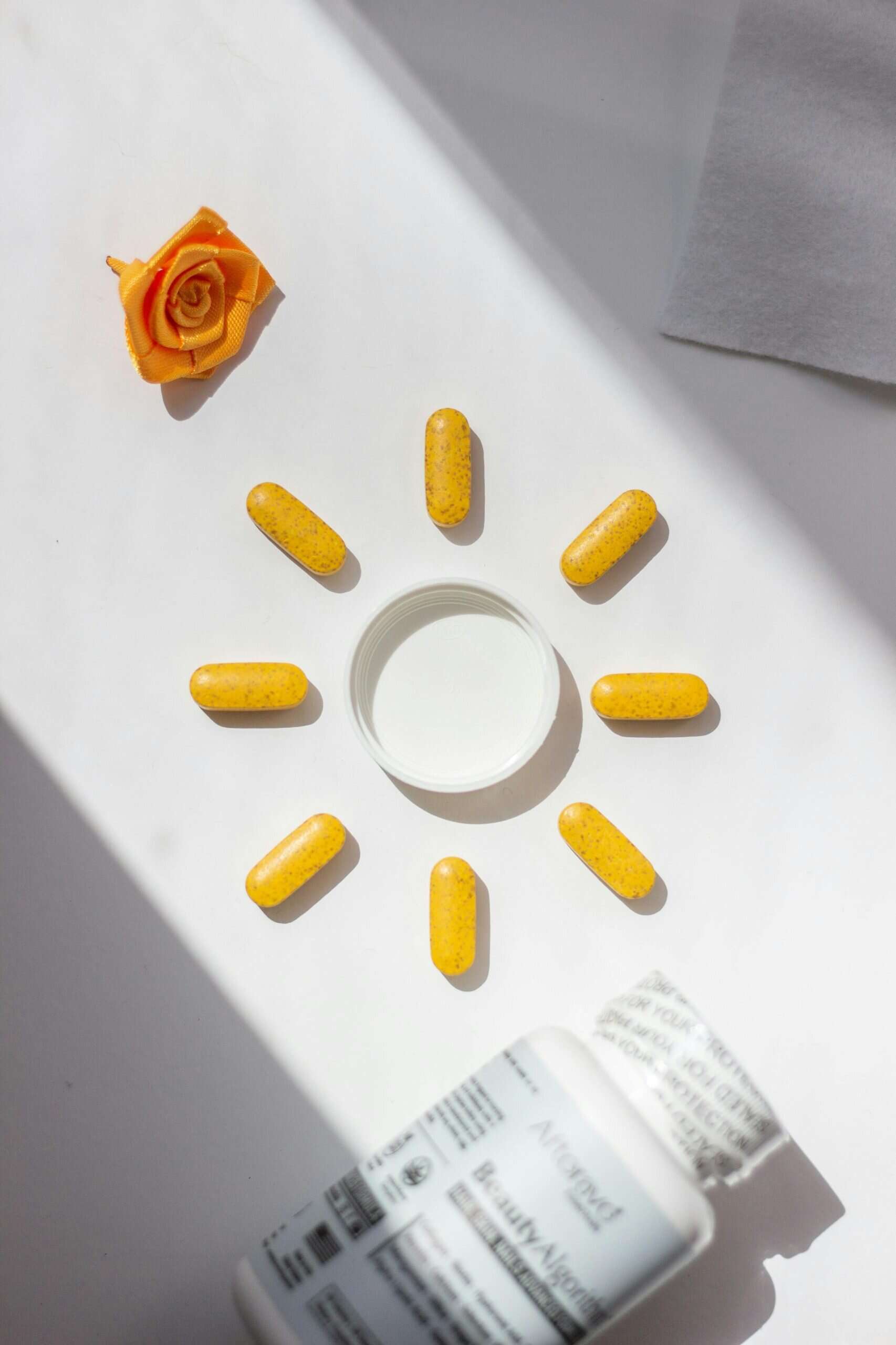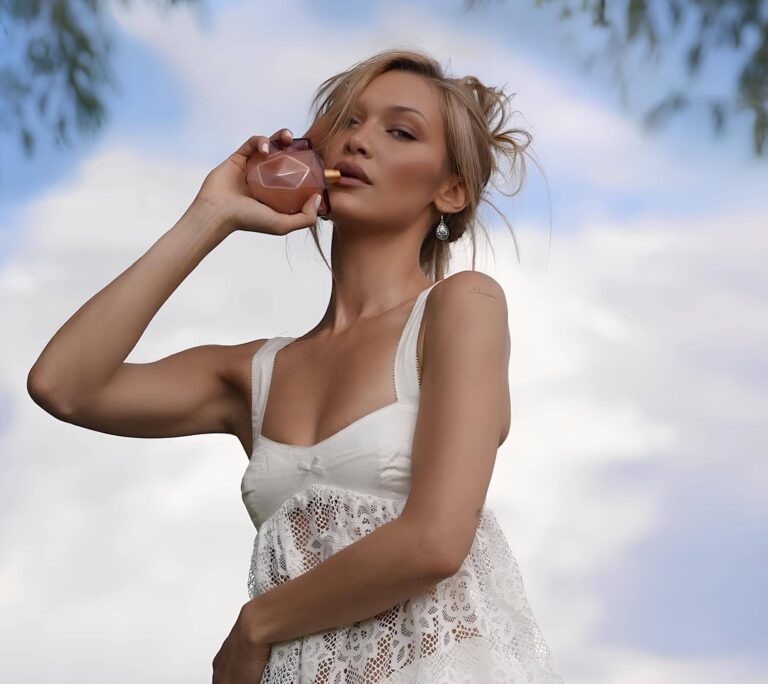These Skin Serums Get Rave Reviews—and Dermatologists Agree
Skin serum is the one skincare product that manages to be both mysterious and essential—and yet, navigating the world of skincare can feel like trying to decode hieroglyphics while blindfolded. One minute you’re reading about snail mucin (yes, that’s a real thing), and the next you’re being told that your grandmother’s cold cream was actually revolutionary.
But here’s the thing: when 62 board-certified cosmetic dermatologists from 43 academic institutions actually agree on something in skincare, you sit up and pay attention.
The Science Behind Effective Skin Serums
Here’s what separates a good skin serum from expensive water in a pretty bottle: actual scientific backing. Dr. Purvisha Patel puts it perfectly when she explains that serums are essentially “vehicles for actives that change the skin.” Not vehicles for hopes, dreams, or Instagram-worthy packaging—actual skin-changing ingredients.
The dermatology community has spoken, and they’re not here for the marketing fluff. While peptides, growth factors, and DNA repair enzymes sound incredibly sophisticated (and expensive), they failed to earn expert support due to insufficient scientific evidence. Ouch. That’s got to sting worse than accidentally using a 30% acid peel on sensitive skin.
What did make the expert-approved list? Three powerhouse categories that have been quietly doing the heavy lifting while everyone was chasing the next big thing: retinoids, mineral sunscreens, and chemical sunscreens. Not exactly the sexiest ingredients, but effectiveness rarely is.
Why Vitamin C Serums Reign Supreme
If there’s one skin serum ingredient that dermatologists consistently gush about, it’s vitamin C. They don’t call it the “OG of antioxidants” for nothing. While other trendy ingredients come and go faster than a TikTok dance craze, vitamin C has been steadily proving its worth in laboratory after laboratory.
The beauty of a quality vitamin C skin serum lies in its multitasking abilities. It prevents free radicals from breaking down collagen and elastin (translation: fewer wrinkles), provides natural brightening effects (goodbye, dull skin), and offers various feel-good benefits that actually show up in the mirror. Within just a week of consistent use, your skin should feel smoother, softer, and more glowy—not just look like you applied a good filter.
But here’s where it gets tricky: not all vitamin C serums are created equal. L-ascorbic acid is the water-soluble form that’s most easily absorbed by the skin, but it’s also the most unstable. It’s like that friend who’s brilliant but can’t handle their emotions—effective when it’s working, but prone to oxidation tantrums.
Retinoids: The Skin Serum Ingredient That Does Everything
If vitamin C is the reliable best friend, retinoids are the overachiever who makes everyone else look bad. This skin serum category tackles fine lines, acne, dark spots, large pores, and oily skin with the efficiency of a Swiss army knife. It’s almost annoying how good retinoids are at their job.
The thing about retinoids is that they don’t mess around. While other ingredients whisper sweet promises to your skin, retinoids march in and actually restructure things at the cellular level. They’re the ultimate multitasker in the skin serum world, which explains why dermatologists recommend them for virtually every skin concern except maybe wanting to look older (and who wants that?).
Sunscreen Serums: The Unsung Heroes
Here’s something that might blow your mind: some of the most effective skin serums are actually sunscreens. Mineral sunscreens don’t just prevent future damage—they’re actively working to prevent wrinkles and reduce redness. It’s like having a bodyguard for your face that also moonlights as a skincare specialist.
Chemical sunscreens in serum form offer similar protection with different mechanisms, and both types earned dermatologist approval in that comprehensive study. While everyone’s obsessing over the latest K-beauty innovation or celebrity-endorsed miracle serum, the experts are over here like, “Actually, have you tried not letting UV rays destroy your collagen?”
The Reality Check Your Skin Serum Routine Needs
Let’s have a moment of truth here. The skincare industry loves to complicate things because complexity sells. But the dermatologists who actually went to medical school and study skin for a living are telling us that effective skincare doesn’t require a PhD in chemistry or a trust fund.
The most recommended skin serum ingredients aren’t the ones with unpronounceable names or celebrity endorsements. They’re the ones with decades of research, consistent results, and the boring reliability of ingredients that actually work. Revolutionary? Maybe not. Effective? Absolutely.
When you’re standing in front of your bathroom mirror, deciding which skin serum deserves precious real estate on your face, remember this: 62 dermatologists can’t be wrong. Well, they could be, but the odds are significantly better than following skincare advice from someone whose main qualification is having good lighting and a ring light.
The bottom line is refreshingly simple. Choose a skin serum with ingredients that have scientific backing, not just social media backing. Your future self will thank you—and so will your bank account.







